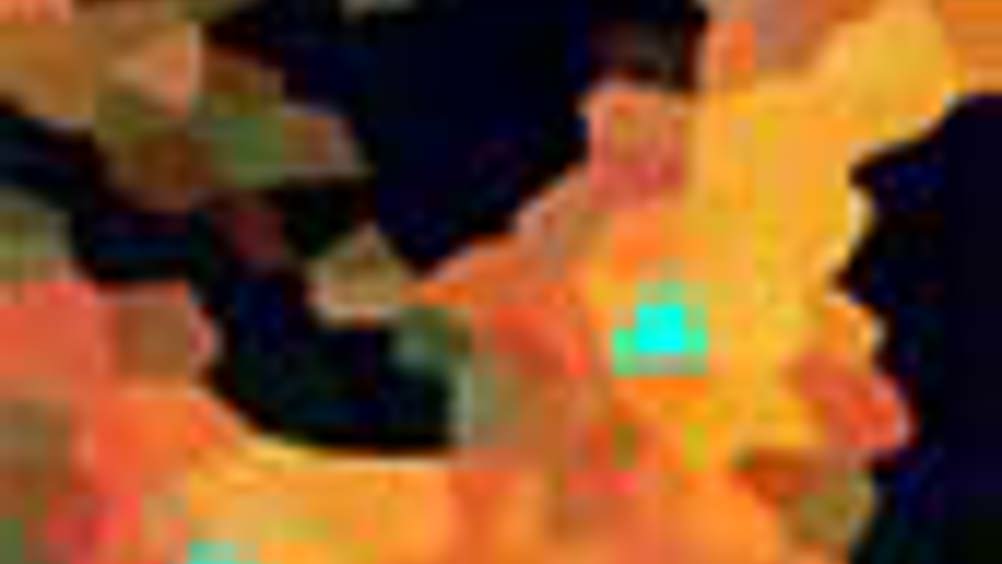Gyroscopes detect cancer

A vibrating disc no bigger than a speck of dust could help to diagnose and monitor common types of cancer and provide specialists with information about the most appropriate therapy.
In December 2005, the European Commission awarded 12 million Euros to an international consortium led by Newcastle University in England, to develop the biosensor technology, which is based on micro-gyroscopes, towards clinical trials stage.
The research team aims to produce a hand-held device which would enable samples of blood, smear or biopsy to be tested quickly and accurately, for signs of cancer of the breast, cervix, colon or rectum.
The device would identify ‘cancer specific markers’ - proteins or other molecules produced by cancer cells - which vary according to the type of cancer and are distinct from proteins produced by healthy cells.
The researchers have manufactured discs less than one-tenth of a millimetre in diameter and coated them with special patterns of DNA or proteins which cause the cancer-specific markers to bind to the surface.
Register now to continue reading
Thanks for visiting The Engineer. You’ve now reached your monthly limit of premium content. Register for free to unlock unlimited access to all of our premium content, as well as the latest technology news, industry opinion and special reports.
Benefits of registering
-
In-depth insights and coverage of key emerging trends
-
Unrestricted access to special reports throughout the year
-
Daily technology news delivered straight to your inbox










BEAS funding available to help businesses cut energy costs
And not a moment too soon, if the following exchange broadcast last Friday 13th June, on the Radio 4 ´Rare Earth´ program (link below, ~ 17 minutes...